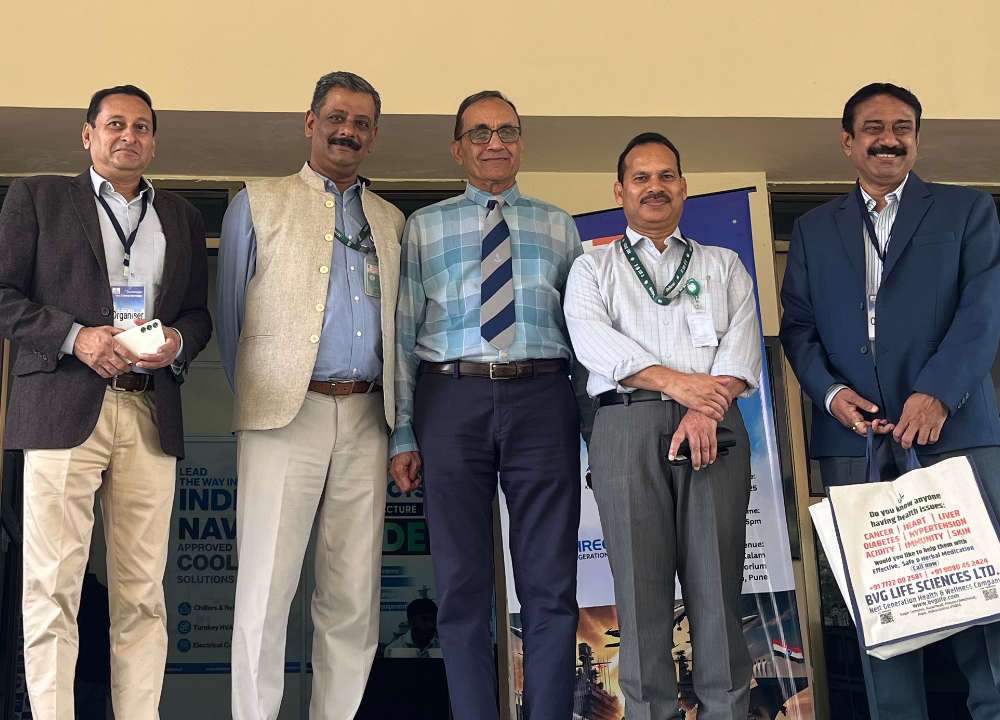Tata Motors, India’s largest commercial vehicle manufacturer, is planning to launch a new sub-600 kg small commercial vehicle (SCV) aimed at the last-mile connectivity market. This new vehicle will be positioned below the popular Tata Ace, which has been a game-changer in the last-mile delivery sector since its debut in 2005.
Girish Wagh, Executive Director of Tata Motors and the mastermind behind the Tata Ace, revealed that the company sees a significant opportunity in the growing demand for last-mile delivery solutions, particularly from e-commerce companies. Wagh explained that while medium commercial vehicles (19-tonne and 28-tonne trucks) are used for hub-to-hub transport, smaller vehicles are preferred for last-mile deliveries. The new four-wheeler, with a payload capacity of under 600 kg, aims to meet this demand.
Wagh emphasized the need for a safer and more brand-appropriate four-wheeler vehicle, rather than a three-wheeler, to fill this market gap. Although Tata Motors did not provide a timeline for the launch, the vehicle is currently in the planning and development stage.
The Tata Ace, introduced in 2005, has been a significant success, serving over 2.3 million entrepreneurs and becoming the leading commercial vehicle brand in India. Wagh, who conceptualized the Tata Ace at the age of 29, aimed to compete in the sub-2-tonne market, then dominated by three-wheelers from Bajaj Auto, Mahindra & Mahindra, and Piaggio.
The new sub-600 kg four-wheeler SCV is expected to challenge the dominance of three-wheelers in the market. Wagh noted that while the transition from BS 4 to BS 6 emission norms led to a 30% price increase for the Tata Ace, the three-wheeler segment only saw a 15% price hike, causing some buyers to revert to three-wheelers. Tata Motors has since introduced Ace variants in gasoline, CNG, and electric models to counteract the volume loss in diesel models.
In the SCV market, which includes mini trucks, small pickups, and large pickups, the mini truck segment has faced significant price increases, posing a challenge for demand growth. Despite this, Tata Motors remains committed to innovating and expanding its portfolio to meet the evolving needs of the market.








